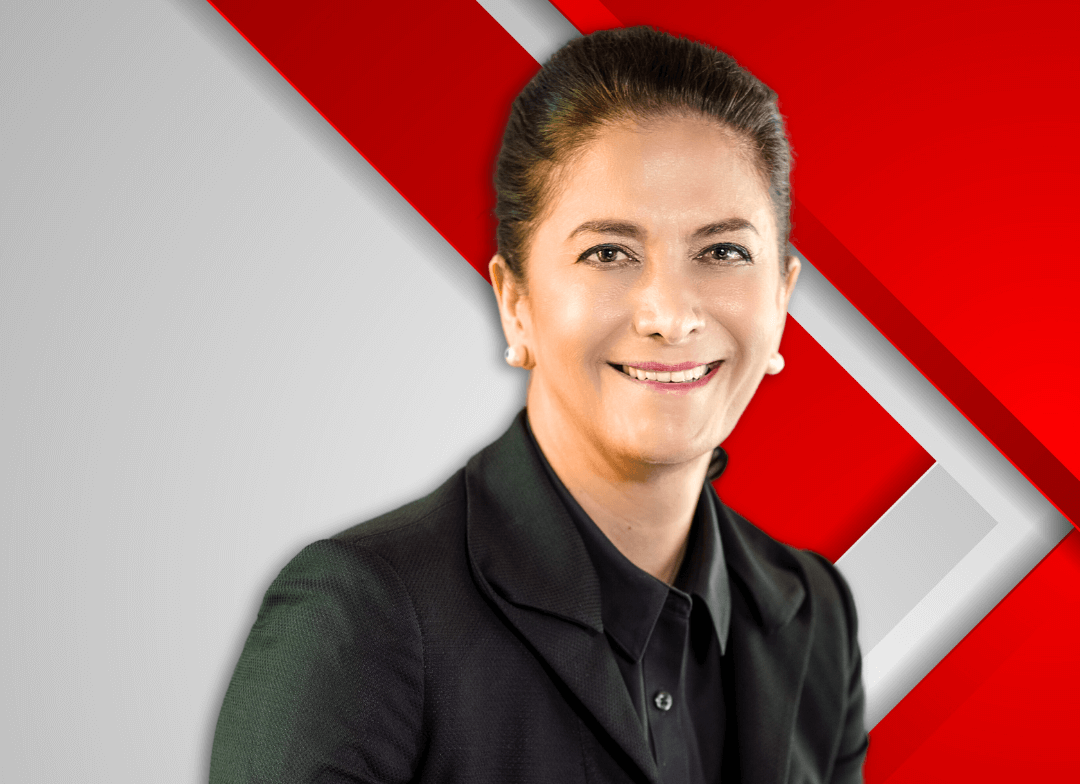 “We need a Government authority to set an emission factor for PLCs”.
“We need a Government authority to set an emission factor for PLCs”.
What is happening in the capital markets surrounding climate reporting is causing more angst and confusion than it should.
There is so much chatter and noise about what public listed companies (PLCs) should be expected to do in terms of climate reporting. The Advisory Committee on Sustainability Reporting (ACSR) has issued a consultation paper to get views from market participants.
To share our thoughts on this subject, we thought that it might be easier to give a more holistic view, instead of answering specific questions, which are difficult to answer.
First, we note that the stock exchange here has issued its Enhanced Sustainability Reporting Requirements (ESR Requirements), and the timeline for compliance by PLCs. However, with respect tClimate-Related Reporting, Bursa’s ESR Requirements do not refer to International Financial Reporting Standards (IFRS) S1 and S2, which are currently being promoted for adoption by ACSR.
A major part of global climate reporting will be based on IFRS S1 and S2. The rationale for this is based on two factors:
Firstly, the European Union (EU) has its own European Sustainability Reporting Standards (ESRS). On 22 December 2023, EU issued its first set of 12 ESRS for all entities subjected to the Corporate Sustainability Reporting Directive (CSRD). The effective date for implementation of the said ESRS was 1 January 2024.
Secondly, the United States has not adopted IFRS S1 and S2. Instead, on 6 March 2024, the Securities Exchange and Commission (US SEC) – the Federal Government agency that regulates the Securities Market – issued a final Rule to enhance and standardise climate-related disclosures. The said Rule is to be subsequently released to public companies including those undertaking IPOs, although we are not aware of the exact implementation date of the rule. Furthermore, under the Rule, public companies are not required to disclose Scope 3 GHG Emissions.
From our understanding, Bursa requires Main Market-listed issuers to disclose climate reporting that corresponds with TCFD (Task Force on Climate-Related Financial Disclosures) recommendations from Financial Year End (FYE) 31 December 2025.
In the case of ACE Market Listed Companies, disclosure of GHG Emission is required from FYE 31 December 2026 and after, but alignment to TCFD requirements is not mandatory. Instead, Bursa requires disclosure of Transition Plans from FYE 31 December 2026 and after.
Here is where the challenges between Bursa and ACSR arise:
1. There is a difference between Bursa’s implementation dates and ACSR’s.
2. Bursa’s ESR covers more than climate-related reporting; and is a good effort to get Malaysia’s PLCs ready for the impending implementation of International Sustainability Standards Board’s (ISSB) Standards.
3. While IFRS S2 integrates TCFD Recommendations and Guide, it is not exactly the same. IFRS S2 requires more detailed information. What this means is that compliance with IFRS S2 would translate into compliance with TCFD, but not necessarily the other way round.
Bursa’s Illustrative Sustainability Report dated 18 September 2023 guides PLCs to disclose Governance, Risk Management, Material Matters, Performance Targets & Indicators, which indicates a sizeable coverage of IFRS S1.
Unlike other IFRS Sustainability Standards i.e. S2, etc., IFRS S1 is a foundation standard. It sets out the general requirements for how sustainability risks and opportunities are to be disclosed unless stated otherwise in the specific standard. There are overlaps between Bursa’s ESR and IFRS S1. However, it would be too laborious to identify the differences and omissions.
ACSR has posed the question of whether Bursa’s ESR Requirements :-
(i) TCFD-aligned disclosures should be changed to IFRS S2 for Main Market-Listed Companies.
(ii) Transition Plan disclosure should be changed to IFRS S2 for ACE Market-Listed Companies.
In our opinion, Bursa’s ESR should be good enough until such time that Listed Companies are ready to go deeper into Climate-Related Reporting.
To avoid confusion in reporting under two different standards, i.e. Bursa’s ESR and ACSR’s S2, we would recommend that ACSR work collaboratively with Bursa to streamline the two standards into one, so that PLCs have only one standard to follow.
In this regard, we would recommend that the implementation of the single new standard should take place 6 months after the new standard is issued or as per ACSR’s proposed deadlines stated in the Public Consultation Paper (No. 1/2024), or whichever is later. This will give time for the PLCs to learn and comply.
Challenges in obtaining GHG Emissions Factor
PLCs need to disclose their GHG Emissions, which can be estimated by applying a formula. The calculation of the GHG Emissions requires an Emission Factor for each type of energy source (electricity, petrol, diesel, and etc).
Currently, it would seem that there isn’t a Malaysian Government Authority that has set an Emission Factor database that will be used by the PLCs in their GHG Emissions estimation/calculation. Without the said database, PLCs are using all kinds of Emission Factors largely sourced from anywhere they can find. This distorts the statistical data collected as the PLCs are using different Emission Factors, and it is not comparable between one PLC and another.
ACSR will need to obtain the necessary Emission Factors (more than one for each energy source, e.g. Emission Factor for Electricity, Emission Factor for Petrol, Emission Factor for Diesel) and publish these standard Emission Factors to be used by all, so that all PLCs are consistent in their reporting.
We note that ASCR has proposed a GHG Emission Scope 3 reporting (excluding Business Travel and Employee Commuting) with effective dates that are later than the rest of other requirements in IFRS S2.
We commend ASCR on the above proposed additional relief. Nevertheless, we note the practical challenges for reporting Scope 3 as follows: –
(i) The complexity of supply chain, which may affect the accuracy and reliability of the data.
(ii) The capability and capacity of different parties in the value chain.
(iii) The willingness of parties in the value chain to provide the necessary information, which may be deemed as confidential or commercially sensitive.
(iv) Time needed to replace suppliers who are unable to provide the information.
(v) Time and effort needed to track emission data across the value chain.
In view of the complexity of implementing Scope 3 (excluding business travel & employee commuting), we are of the view that the implementation date should be changed “from 1 January 2027” to FYE 31 December 2027, if not later. This is because PLCs that have FYE starting from 31 January 2027 could be under stress to comply, if the implementation date starts from 1 January .
With all these explanations above, we are sure that there is a clear argument for why there should be a pause on the Mandatory Training program (MAP) on ESG for directors of PLCs, as announced by the regulators.
A revision to the existing Mandatory Training Program 1 (MAP) to include a deeper understanding of E as well as S, is necessary before rolling out a second programme. The existing trained directors can be asked to attend an awareness session, which is something that can be easily conducted online.
PLCs should be focused on building a sustainable business.
Instead, the introduction of a new mandatory training programme, without sufficient clarity on reporting disclosures, merely forces a bill of approximately RM27 million on capital market participants.

( Datuk Shireen Ann Zaharah Muhiudeen is an experienced emerging markets fund manager and public board director with regulatory knowledge. She was the first female chair of the Malaysian Stock Exchange and the former CEO of AIG Investment Corporation (Malaysia), an ESG (Environmental, Social, and Governance) and DEI (Diversity, Equity, and Inclusion) trailblazer, encouraging organizations to become ESG sustainable, either as investors or as board members.)
ADVERTISEMENT
ADVERTISEMENT


































